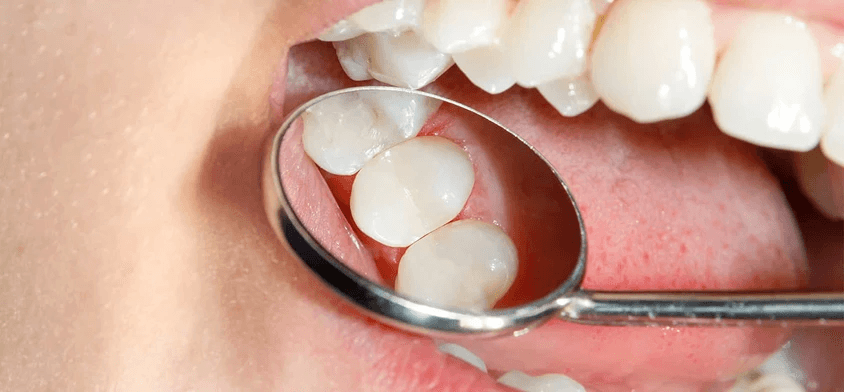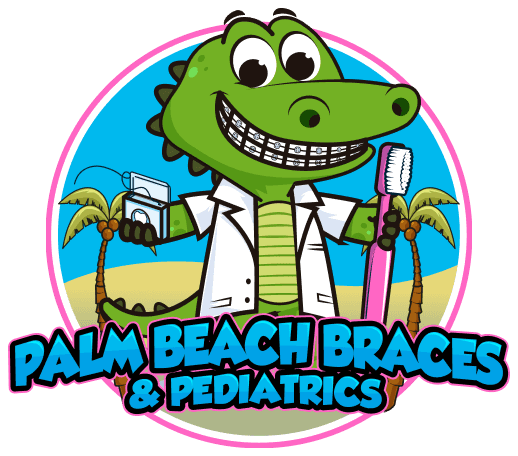Home
About Us
Dental Sealant
Sealants are an excellent choice to protect vulnerable chewing surfaces from decay, not only for children but also for some adults. Sealants have been used safely and successfully for many years, and advances in the material used for the sealant have made them even more beneficial. At PB Braces, we are committed to providing the highest quality preventative dental treatments to keep our patients’ oral health in tip-top shape. Learn more here about sealants and how they might benefit you.
Dental sealants are a preventative dental treatment used to protect the chewing surfaces of the back teeth (premolars and molars) from tooth decay. They are a thin, plastic coating that is applied to the grooves and depressions of these teeth, known as pits and fissures, which are particularly susceptible to decay due to their uneven and hard-to-reach surfaces.
The process of applying dental sealants is quick and easy. First, the tooth surface is cleaned and prepared, and then a solution is applied to the surface to roughen it up slightly. This helps the sealant adhere better to the tooth. Next, the sealant material is painted onto the tooth surface and hardened using a special curing light. The entire process usually takes less than 20 minutes per tooth.

Dental sealants can last for several years and have been proven to prevent tooth decay in children and adults effectively. Studies have shown that teeth with sealants have a significantly lower risk of cavities than those without sealants. They can also be a cost-effective solution for individuals who are at high risk for tooth decay.
It's important to note that dental sealants do not replace regular oral hygiene habits such as brushing, flossing, and regular dental checkups. Sealants should be checked at regular dental visits, and if they show signs of wear or chipping, they can be reapplied.
One of the main advantages of dental sealants is that they can be applied quickly and easily in a single visit to the dentist. They are also a relatively low-cost option for preventing tooth decay, especially when compared to the cost of filling a cavity. Additionally, dental sealants are a safe and non-invasive procedure with minimal risk of complications.



